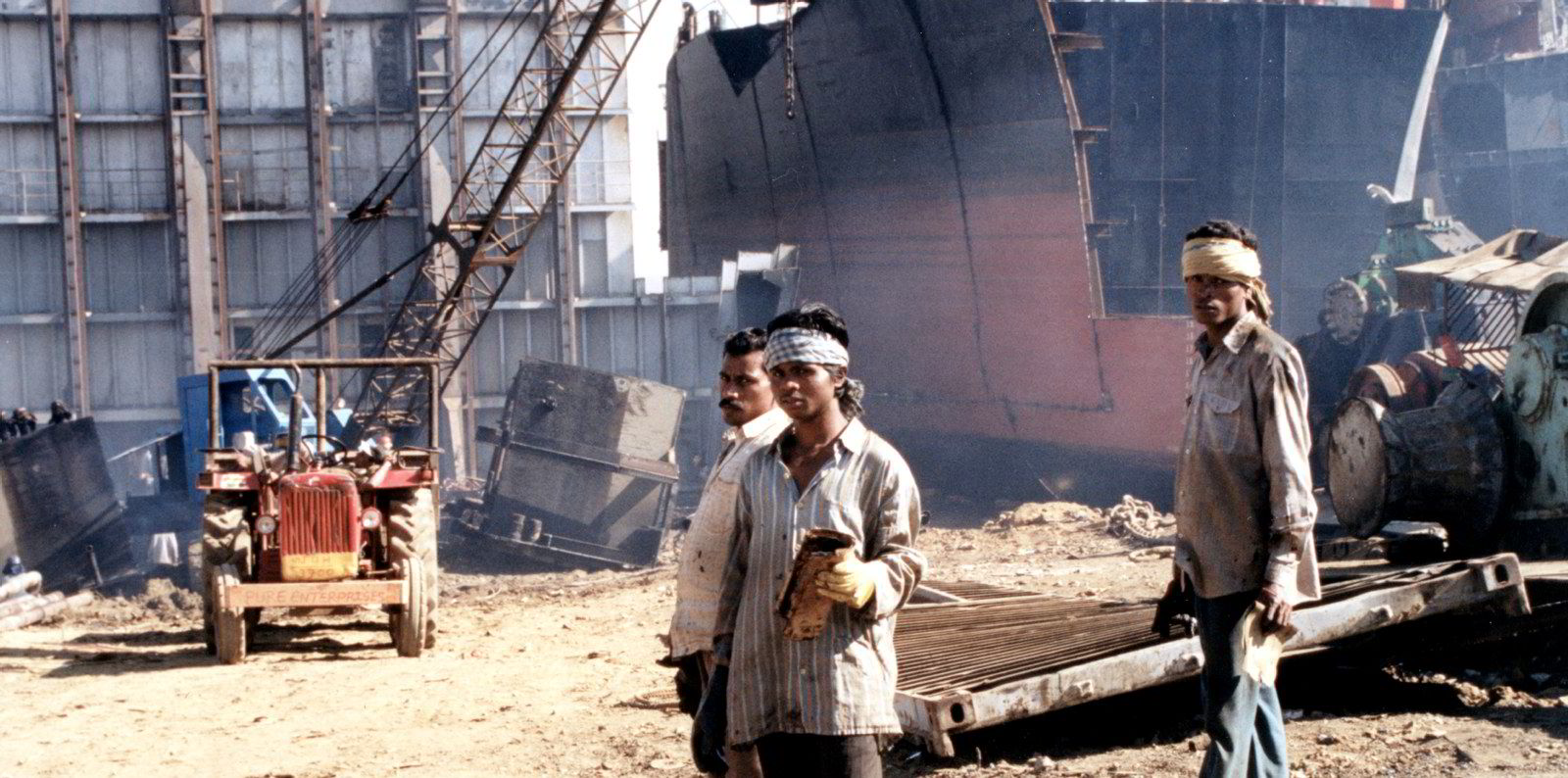As suffering owners continue to monitor tanker scrapping levels, one shipbroker has calculated the likely impact if the illicit trade in Iranian oil is halted.
Ship recycling is seen as key to relieving pressure on an over-tonnaged market.
Paris-based Barry Rogliano Salles (BRS) said that “considering the avalanche of deliveries, the importance of scrapping cannot be overstated as a method of halting the growth in tonnage lists worldwide”.
A total of 12 VLCCs were sent to breaking yards in 2021, while another three older vessels were reported sold but have not yet reached their final destinations.
Most of these, however, were not trading in the weak spot market and were engaged in oil storage, or linked to the sanctioned trade in Iranian or Venezuelan barrels.
“This explains why this scrapping had little impact on tightening spot tonnage lists or supporting hire rates. This year, more than in any other, the fate of the VLCC market may hinge on whether demolition activity remains brisk,” BRS said.
27 vessels to be scrapped?
The broker is forecasting 15 VLCCs will exit the fleet during 2022. This would be the highest level since 2018.
But if sanctions are eased on Iran, this could mean another 11 vessels being scrapped within a year.
Analysis suggests the VLCC market is the most over-tonnaged crude tanker segment.
Since the pandemic hit, the fleet has expanded by a net 61 units, up 7.7%.
But BRS estimates VLCC demand remains around 2.4% below its pre-pandemic level.
“This helps to explain the awful state of the market,” the broker said.
A non-scrubber, non-eco unit currently voyaging on the benchmark TD3C Middle East Gulf to China route is assessed as earning around minus $6,000 per day, the lowest since March 2021.
‘Pathetic’ earnings
“Indeed, last year VLCC earnings on this route oscillated in a relatively narrow band between minus $6,000 and [plus] $6,000, with earnings averaging a pathetic minus $395 per day during the year,” BRS added.
And the sensitivity of fleet growth to scrapping is demonstrated by the degree to which it varies with different assumptions, the broker explained.
For example, if scrapping underperforms and only three VLCCs reach recycling yards, the fleet will expand by 4.8% in 2022, the highest rate for three years.
But if ships are demolished in the wake of Iranian sanctions ending, this growth could slow to 2.1%, the company calculated.






